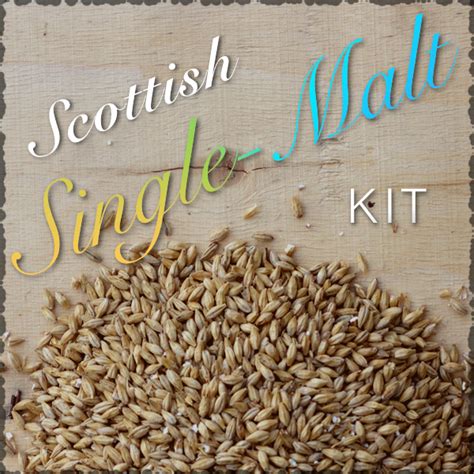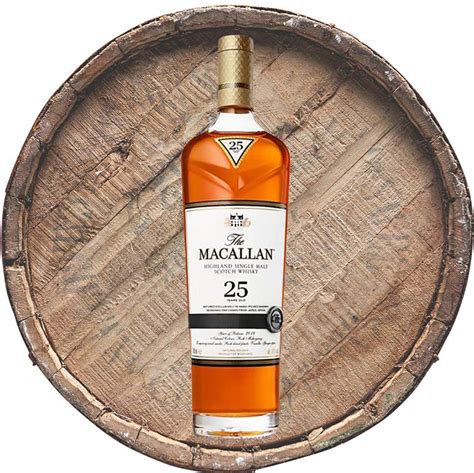single malt scotch ingredients,single malt scotch,single malt scotch ingredients,So, if I was stretching the definition of 'ingredients' with the oak casks above, I'm definitely breaking it with this one. But, let me explain. Developing flavour while aging in oak casks takes . Ver mais Simple Detailed John Deere Deck & Drive Belt Replacement on L100 Series’s Riding Mowers. https://youtu.be/u3sa_Lv0xewBONUS: I'll show you how to save money b.

Single malt scotch whisky is a spirit steeped in history, tradition, and craftsmanship. The creation of this iconic drink is as much an art as it is a science, with every drop made from just a few carefully chosen ingredients. The process of creating single malt scotch involves a combination of expertise, timing, and, perhaps most importantly, the right natural resources. From the barley fields to the casks in which the whisky matures, each element plays an essential role in producing the complex flavors that enthusiasts around the world adore.
The key ingredients in single malt scotch are few but pivotal: water, barley, and yeast. Each of these ingredients undergoes several transformations throughout the production process, and each influences the final product. Among these, water is the unsung hero, integral at multiple stages of the whisky-making process, often shaping the whisky’s flavor profile in ways that even the distillers themselves might not fully appreciate until after the maturation process.
In this article, we’ll delve into the ingredients that make single malt scotch whisky, focusing on the unique characteristics of each and their critical roles in whisky production.
What Does Single Malt Mean?
Before diving into the specifics of each ingredient, it's important to understand what "single malt" means in the context of whisky production. The term “single malt” refers to a whisky made at a single distillery from a single type of malted barley.
- Single means that all the whisky comes from one distillery, rather than blending whisky from different places.
- Malt refers to the use of malted barley as the primary grain for the whisky, with no other grains being involved.
Single malt scotch, as the name suggests, must be distilled in Scotland and adhere to strict guidelines set by the Scotch Whisky Association (SWA). These regulations dictate the ingredients, process, and maturation period to ensure quality and authenticity.single malt scotch ingredients
Now, let’s explore the key ingredients in more detail.
1. Water: The Essential Ingredient
Making whisky is a water-intensive process. Water is used at multiple stages in the creation of single malt scotch, from mashing to dilution, and each stage relies on water that is pure and of high quality.
# Water’s Role in Whisky Production
The primary function of water in whisky production is its role in the mashing and fermentation processes. During mashing, hot water is added to the ground malted barley to extract fermentable sugars. This sugar is then converted into alcohol during fermentation, but the quality of the water can affect the overall yield and flavor.
In addition to mashing, water is also crucial in the fermentation process. Yeast, which ferments the sugar into alcohol, needs to be suspended in water to function effectively. Water also helps maintain the ideal temperature for yeast activity, which is essential to achieving the correct fermentation levels.
Why the Location Matters
Historically, whisky distilleries have been built close to natural sources of water such as springs or rivers. The water must be of a specific quality—clean, pure, and slightly alkaline to help extract the right flavors during mashing. Additionally, the mineral content in the water can influence the final flavor of the whisky. In regions like Speyside or the Highlands, for example, the mineral composition of local water adds subtle distinctions to the flavor profile of the whisky, from floral notes to mineral-rich undertones.
In many cases, distilleries will use natural spring water that has been filtered through rocks and soil, making it ideal for whisky production. The purest water from these sources is often considered one of the key elements that contribute to the distinctiveness of Scotch whisky.
2. Barley: The Backbone of Scotch

Malted barley is the primary grain used in making single malt scotch, and its quality directly affects the flavor, texture, and character of the whisky. Barley is one of the oldest grains used in distillation, and its role in whisky production has remained largely unchanged for centuries.
# The Process of Malting
Before barley can be used in whisky production, it must be malted. Malting involves soaking the barley in water to encourage germination, then drying it with hot air to stop the germination process. This creates malted barley, which is essential for the production of fermentable sugars needed for the fermentation process.
The malting process also contributes to the flavor profile of the whisky. The longer the barley is allowed to germinate, the more complex the flavors will be. Traditionally, malting was done by hand, though most distilleries now use automated malting floors. Still, the quality of the malt is of utmost importance, as it is the foundation for the whisky’s flavor.

single malt scotch ingredients Size guide. 85 CM. 90 CM. 95 CM. 100 CM. 110 CM. Call for inquiry. Check availability in store. Product details. Gifting. The LV Initiales 40mm Reversible Belt is offered in an array of primary colours as well as in classic brown Monogram.
single malt scotch ingredients - single malt scotch




















































